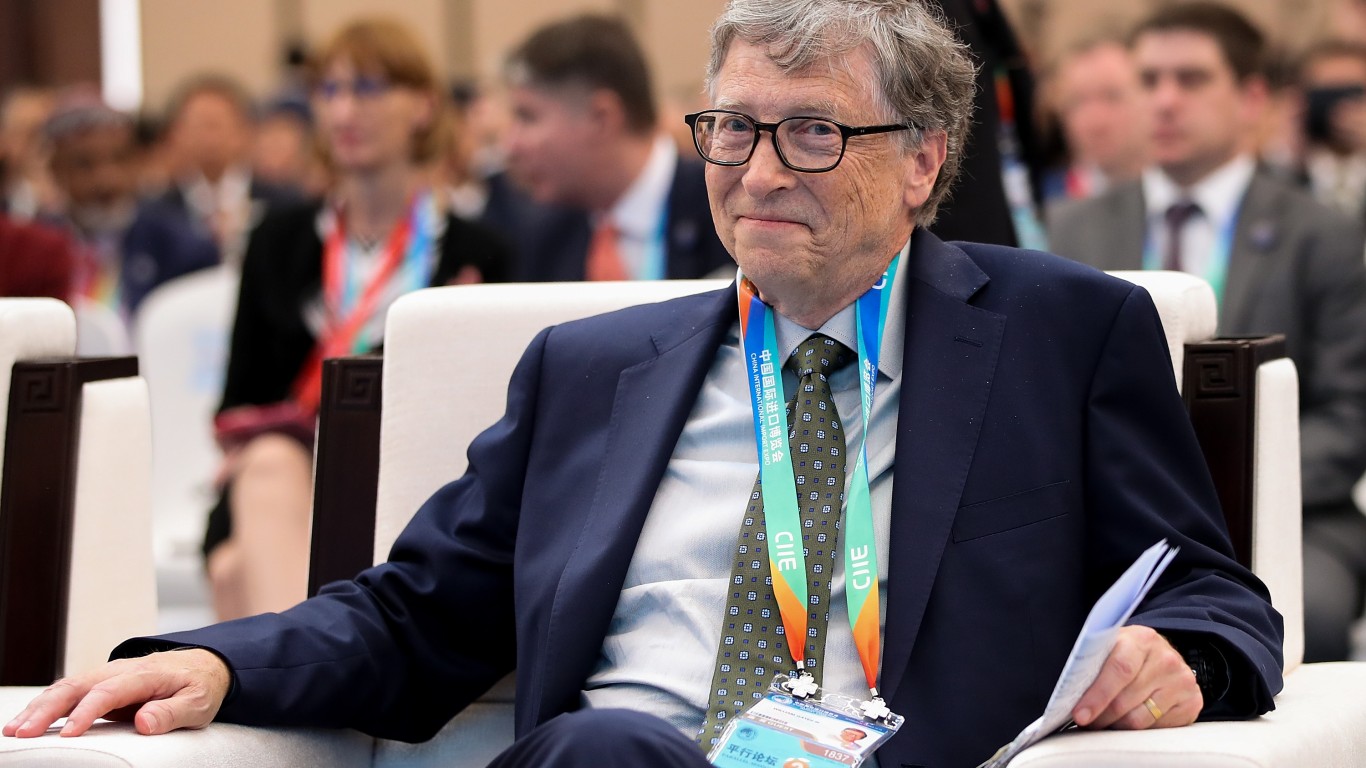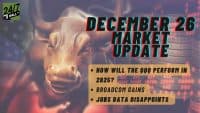
Investing in hedge funds is a pricey proposition. First, investors must be willing to lock-up their cash (usually a lot of it) for up to three years. During that period, your money belongs to the hedge fund and you cannot get it back. The second thing most investors know about hedge funds is that they require hefty fees: 2% as a management fee and 20% (the famous “2 and 20”) of annual profits.
Some (successful) funds have even raised their fees to 3% and their share of the annual gain to 30%, the not-yet-famous “3 and 30.” After cutting its share to “2.5 and 25,” DE Shaw is lifting its fees back up to the “3 and 30” level this year. Many other hedge funds are dropping the “2 and 20” fee structure due to tepid performance. The average among all hedge funds, according to Credit Suisse, is just 1.45% fees and 16.9% of profits. Only 3% of funds still charge a 2% management fee while just 16% charge a 20% slice of profits.
What hedge funds offer for those big fees are investing strategies that are difficult for an average investor to duplicate. That’s a hole that hedge fund exchange-traded funds (ETFs) try to plug by duplicating as much as possible the various strategies employed by different hedge funds. Just another example of the saying, “There’s an ETF for that!”
Investors in hedge fund-style ETFs can choose among popular hedge fund strategies such as long/short, event-driven and merger arbitrage strategies. And there’s no “2 and 20,” just a comparatively low-expense ratio. These ETFs may be a good choice for investors looking beyond traditional asset classes for ways to diversify their investments at a reasonable risk and for a reasonable price.
Here’s a look at five hedge fund-style ETFs, each of which follows a different investing strategy. The largest of these ETFs has assets under management of just under $1 billion. The largest U.S. hedge fund, Ray Dalio’s Bridgewater had $133 billion in assets at the end of 2018.
The IQ Merger Arbitrage ETF (NYSEARCA: MNA) has $997 million in assets under management and seeks to track the performance of the IQ Merger Arbitrage Index. The fund aims at capital appreciation by investing in companies that have received a public takeover bid. The fund managers note that it is not a hedge fund nor does it invest in hedge funds. The company’s top five investments are Anadarko Petroleum (7.78%), Celgene (6.82%), Red Hat (6.68%), First Data (6.11%) and Worldpay (5.88%).
The net asset value of this merger arbitrage fund is $31.90, with 31.4 million shares outstanding. The 52-week trading range is $30.25 to $32.38, and the fund’s expense ratio is 0.78%. It was established in November 2009 and has returned 2.86% to investors since its inception. Over the past five years, the fund has returned 3.28% and for the year to date, the return is −$0.57.
The IQ Hedge Multi-Strategy Tracker ETF (NYSEARCA: QAI) implements techniques used by hedge funds and other big-time investors and seeks to track the IQ Hedge-Multi Strategy Index using various hedge fund investment styles, including long/short equity, global macro, market neutral, event-driven, fixed income arbitrage and emerging markets. The fund’s top five investments are the iShares Short Treasury Bond ETF (18.6%), the iShares Floating Rate Bond ETF (7.63%), the SPDR Bloomberg Barclays 1–3 Month T-Bill ETF (7.21%), the Invesco Senior Loan ETF (7.03%) and the Vanguard Intermediate-Term Corporate Bond ETF (5.85%). The fund has invested in 68 ETFs and other funds. Assets under management totaled $978.8 billion as of May 7.
The net asset value of the fund at the May 7 close was $30.12 per share, with 32.5 million shares outstanding. The 52-week range is $28.73 to $30.82. The fund was established in March 2009 and has an expense ratio of 0.79%. Since its inception, the fund has returned 2.91%. The five-year return rate is 1.43%. For the year to date, the fund has returned 4.73%.
The First Trust Dorsey Wright Dynamic Focus 5 ETF (NASDAQ: FVC) has $539.3 million in assets under management and seeks investment results corresponding to that of the Dorsey Wright Dynamic Focus Five Index. The fund follows a sector rotation strategy based on a proprietary strength methodology. The fund’s top five holdings, accounting for about 56% of total assets, are the First Trust Dow Jones Internet Index Fund (12.07%), First Trust NYSE Arca Biotechnology Index Fund (12.05%), First Trust Technology AlphaDEX Fund (11.95%), First Trust Utilities AlphaDex Fund (11.95%) and First Trust NASDAQ-100-Technology Sector Index Fund (11.81%).
The net asset value of this fund at the May 7 close was $26.75, with 19.9 million shares outstanding. The 52-week range is $21.75 to $29.57, and the fund was established in March 2016. It has an expense ratio of 0.89%. Since its inception, the fund has returned 10.84% and its year-to-date return is 15.43%.
WisdomTree Managed Futures Strategy Fund (NYSEARCA: WTMF) holds $232.5 million in assets under management and the fund follows a quantitative, rules-based strategy to invest in futures contracts for commodities, currencies and interest rates. The fund seeks to achieve positive returns in rising or falling markets that are not directly correlated to broad market equity or fixed-income returns. According to ETFdb.com, the fund holds 29.19% of its assets in cash, 24.05% in Japanese yen, 17.6% in West Texas Intermediate (WTI) crude oil and 10.35% each in copper and soybeans. These components may change without notice.
The net asset value of the managed futures fund at the May 7 close was $39.40, with 5.9 million shares outstanding. It has traded in a 52-week range of $38.20 to $41.50 and has an expense ratio of 0.65%. The fund was established in January 2011. Since its inception, the fund has returned an annualized −$2.45, and for the year to date it has returned 0.34%.
AdvisorShares Ranger Equity Bear ETF (NYSEARCA: HDGE), with $124.1 million in assets under management, targets capital appreciation through short sales of U.S.-traded equities. The fund’s top five holdings are McCormick (3.7%), Autonation (3.04%), Tanger Factory Outlet Centers (2.88%), Allscripts Healthcare Solutions (2.87%) and PTC (2.71%).
The net asset value of the fund at the May 7 close was $6.53. Some 19.1 million shares were outstanding. The 52-week range on the shares is $6.37 to $8.99, and the fund’s expense ratio is 2.72%. The fund was established in January 2011, and since its inception has returned −$14.65% as of the end of the 2019 first quarter. For the year to date, the return is −18.75%.
Credit Card Companies Are Doing Something Nuts
Credit card companies are at war. The biggest issuers are handing out free rewards and benefits to win the best customers.
It’s possible to find cards paying unlimited 1.5%, 2%, and even more today. That’s free money for qualified borrowers, and the type of thing that would be crazy to pass up. Those rewards can add up to thousands of dollars every year in free money, and include other benefits as well.
We’ve assembled some of the best credit cards for users today. Don’t miss these offers because they won’t be this good forever.
Flywheel Publishing has partnered with CardRatings for our coverage of credit card products. Flywheel Publishing and CardRatings may receive a commission from card issuers.
Thank you for reading! Have some feedback for us?
Contact the 24/7 Wall St. editorial team.



